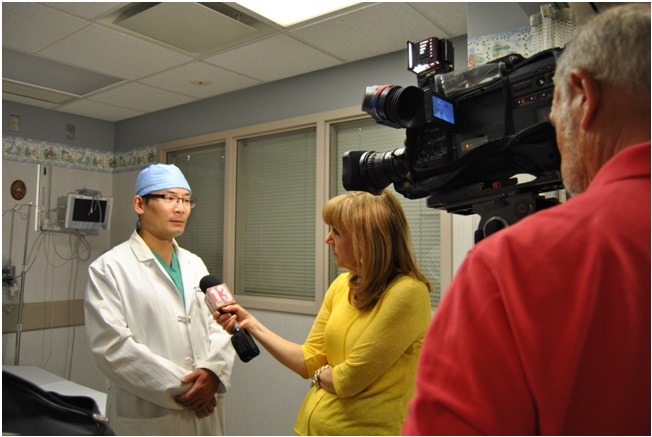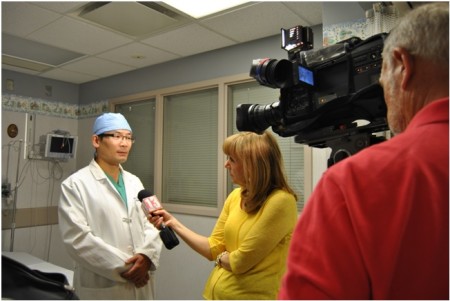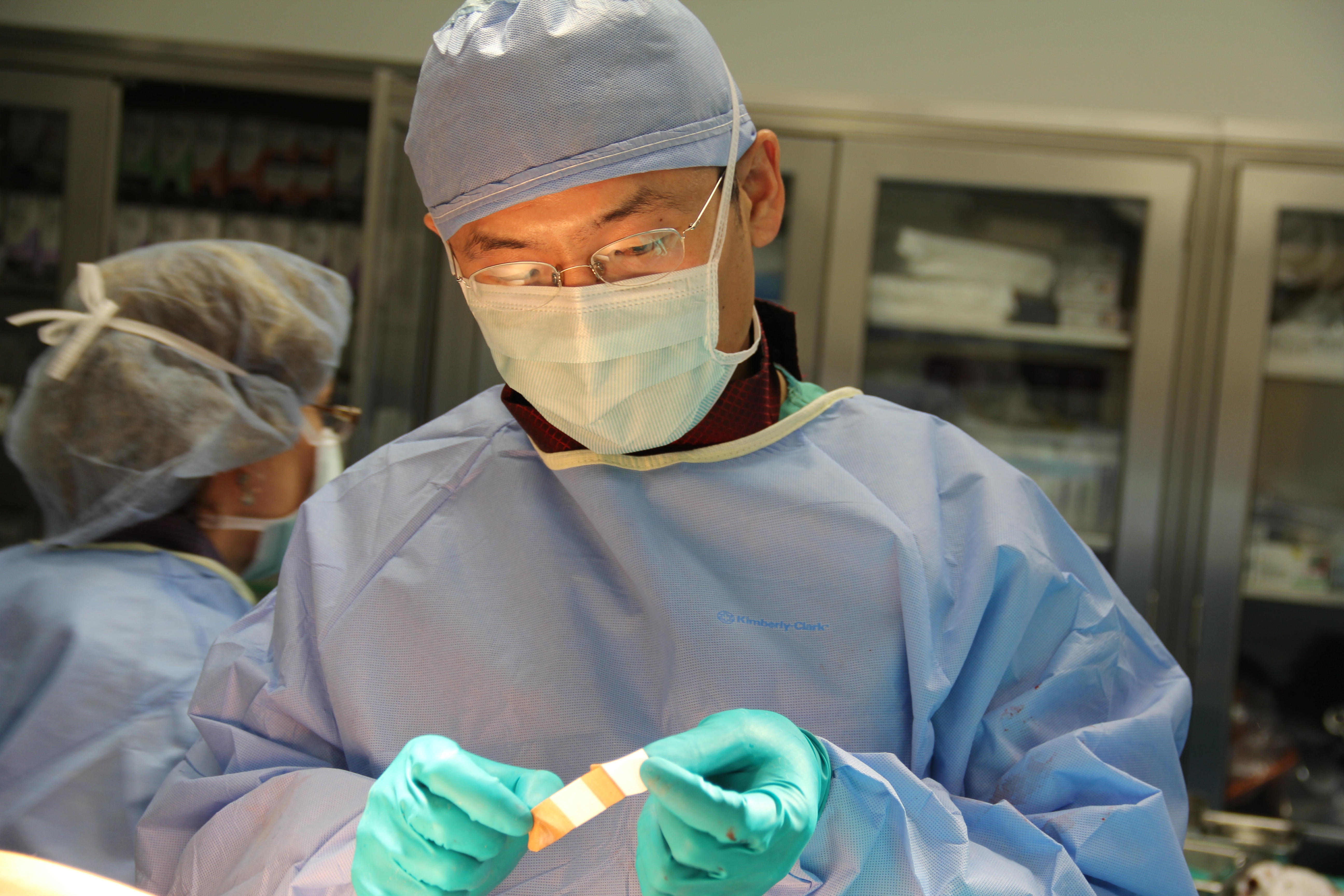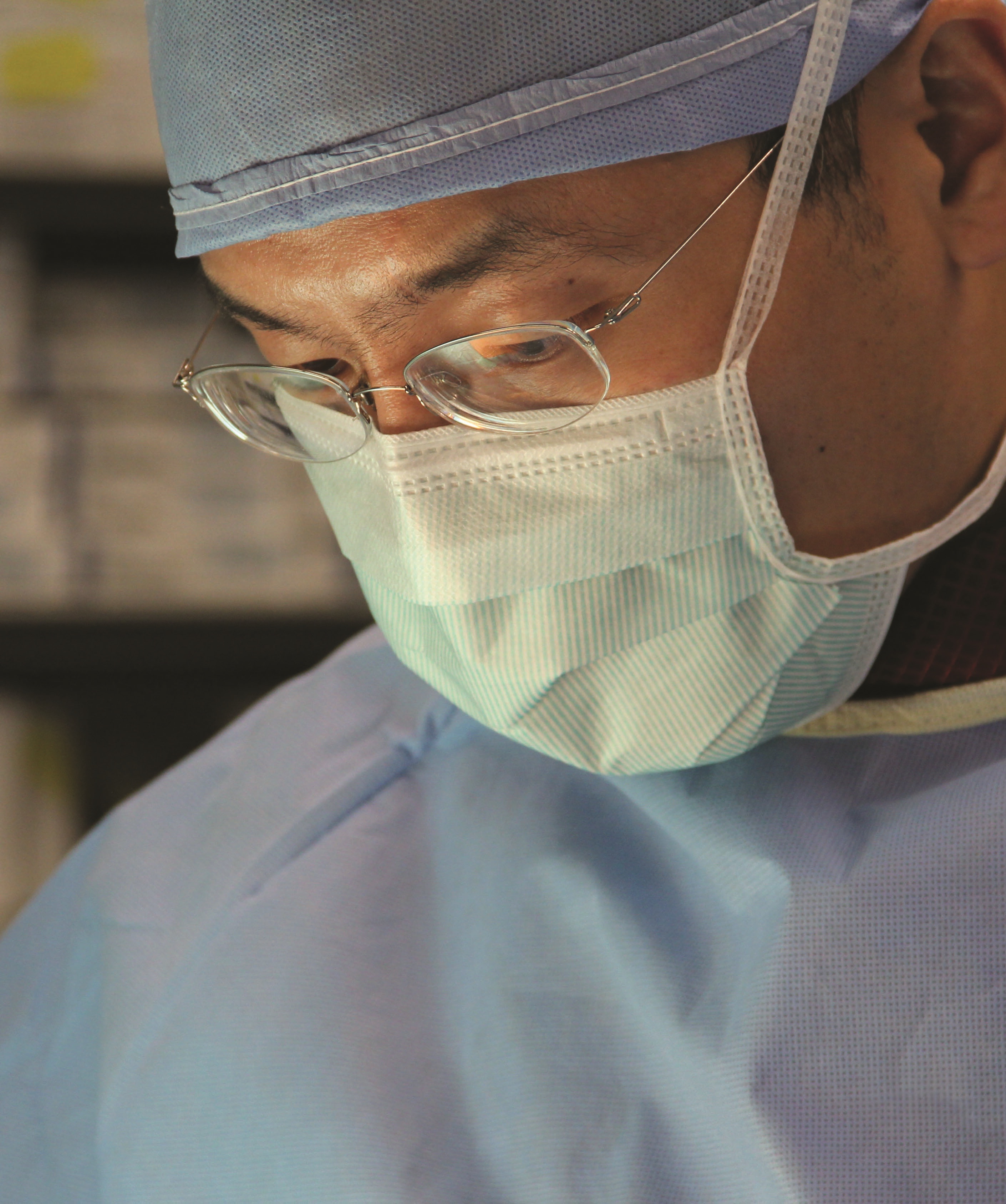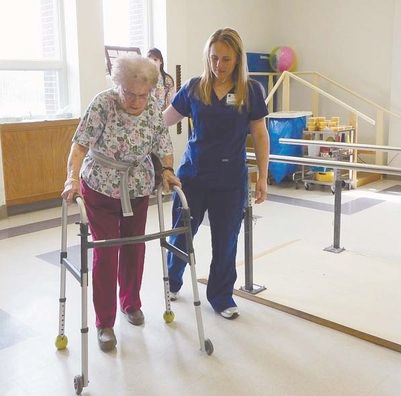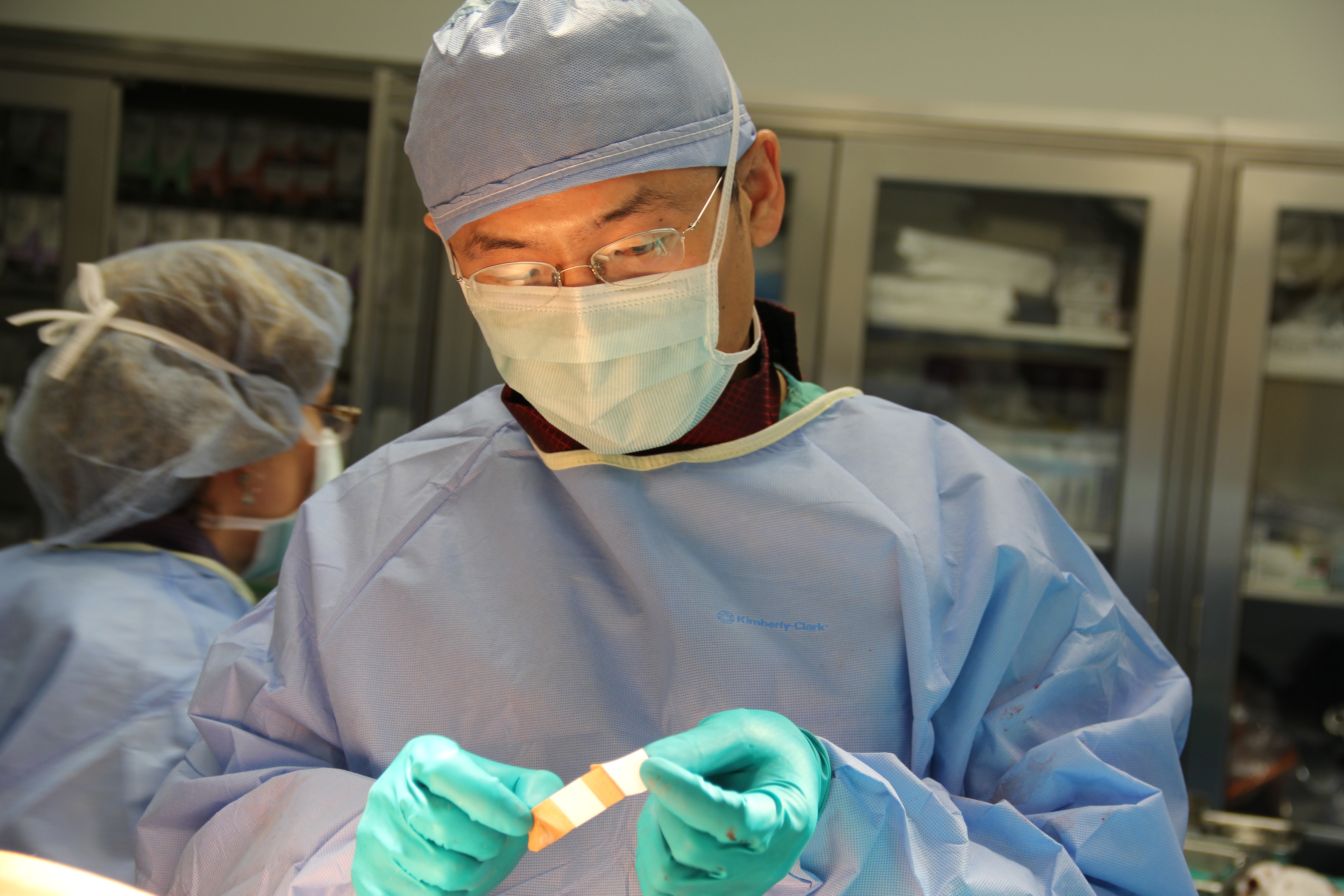GLOVERSVILLE – City resident Doris Clo, 82, is lucky. When she fell while taking out the garbage this winter, she was not hurt.
“I do things now because my husband cannot, because of his balance,” Clo said, after attending HealthLink Littauer’s Improve Balance & Prevent Falls program at the Fulton County YMCA on Wednesday. “So [I] was getting the garbage can out of the ice, and it came faster than I thought it would, so basically, I fell backward. I did not hurt anything.”
The fall was one of the reasons Clo attended the program, along with nearly 30 other seniors and caregivers. Clo has an artificial hip and knee, she said, and her husband, Lou, suffers from neuropathy, which affects balance.
Article Photos
Hildegard Cooper, left, a short-term resident at Nathan Littauer Hospital & Nursing Home receiving rehabilitation therapy, walks with Kirsten Lennon, Littauer’s coordinator of occupational therapy, Thursday. Photo submitted
“I wanted him to come,” she said. “When I did fall this winter, it helped to be able to know how to get back up again. So I wanted to learn more, too.”
Many seniors who suffer falls don’t end up as lucky. According to information provided by Nathan Littauer Hospital at the program, nearly 2 million emergency room visits per year are due to falls.
“I would say 50 percent of folks that made it into a nursing home, did so post-fall,” said physical therapist William Oates, Nathan Littauer Hospital’s rehabilitation director and one of the presenters at the program.
HealthLink, in cooperation with the Y and the Fulton County Office For Aging, has offered the Improve Balance & Prevent Falls program for about four years now, according to Sue Cridland, Littauer’s director of community education.
“[A fall] can be such a life-changing event, so anything we can do to help prevent that is really important,” Cridland said.
Physical activity is the most important method seniors can use to prevent falls, Cridland said. For seniors who are frail or unsteady, she recommended an evaluation by a physical therapist before starting any exercise program.
The Y will offer a number of exercise programs in its Spring II session, which begins Monday and runs through June 8. A specific course dedicated to fall prevention, Balance & Stability For Fall Prevention, will be offered Mondays from 10:30 to 11:15 a.m.
“That kind of program that is run here at the Y is wonderful, and the other piece of that, when you have a class, is that you have the whole socialization thing going on, which is also really, really important,” Cridland said. “One of the fellows that I just walked out with now that was going to sign up, he says, ‘You know, I’m 92 and I just don’t get out that much in the winter anymore, so I think this would be good for me.'”
Oates sees patients for rehabilitation after falls, as well as patients who come in looking to proactively avoid falling. He said he likes to focus on awareness of the aging process – slower reaction times, lowered visual coordination and other balance-affecting afflictions – when developing a balanced training regimen for seniors to do at home.
“One of the things I do like to concentrate on with someone who is beginning to have impaired balance is the strength of the ankle,” Oates said. “That’s the first recovery point. If you’re standing up straight and you start to fall backward, the first thing the body does is lift its toes off the ground to try to get you back into a neutral posture.”
Environmental factors should also be considered in fall prevention. Margaret Luck, coordinator for the Lifeline program at Littauer and Fulton County coroner, talked about things around the home that can be changed to prevent falls, including keeping walking areas in free of obstacles; installing hand rails in stairways and bathrooms; and rearranging kitchen storage so that items are more easily accessible.
“We can’t go up on ladders and be as sturdy as we used to be reaching for things, so it’s important that [seniors] look at their home,” Luck said.
The Lifeline program itself can be an important way to avoid serious injuries from falls. The program equips seniors’ homes with a box and portable sensor button, so that if the senior does suffer a fall, he or she can push the button to alert paramedics.
Littauer has offered the program for 25 years now, and the technology continues to improve. An Auto Alert system was introduced to the program about a year ago. The Auto Alert sensor will detect if a senior does not recover from a fall, and automatically alerts paramedics after 40 seconds, Luck explained.
“It’s getting more popular,” Luck said. “Time matters. When somebody falls, the longer they’re down, the longer it takes to recover, and Lifeline has proven this fact over 25 years, that if they can get help right away to get back up, the recovery time is a lot less.”
Clo said she is hoping to put the information provided in the course Wednesday to good use.
“I want to try the strengthening exercises, and I want my husband to try the balancing exercises,” she said.
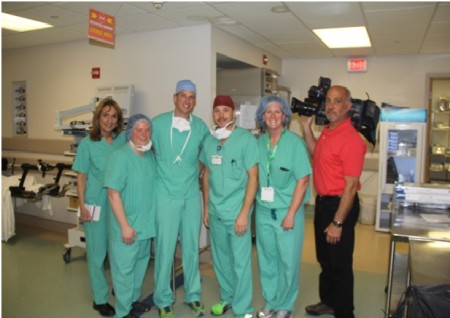 before his surgery and ultimately went into the OR suite to film a robotic- assisted surgery. The patient did very well and her story can be found here:
before his surgery and ultimately went into the OR suite to film a robotic- assisted surgery. The patient did very well and her story can be found here:
